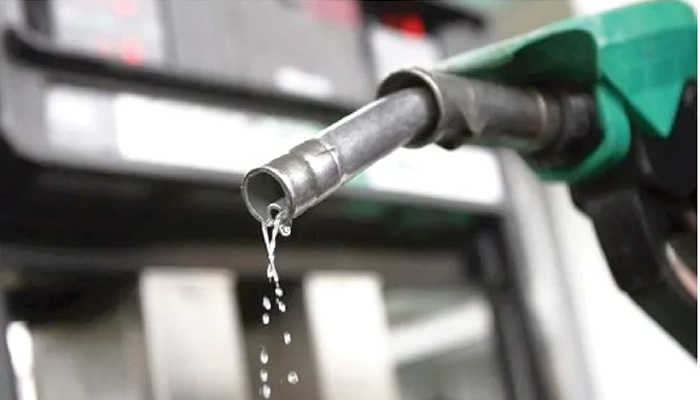Motorists in Kano State have called on the Federal Government to take urgent action against fuel marketers accused of exploiting the public by selling petrol at exorbitant prices. With the cost of fuel soaring to between N980 and N1,000 per litre, many residents are feeling the strain.
In separate interviews with *The PUNCH* on Tuesday, drivers expressed frustration over what they describe as "shylock marketers" who are creating artificial scarcity to maximize profits. Abdullahi Lawan, a motorist, recounted his experience at Audu Manager filling station on Maiduguri Road. "I was at AY Maikifi filling station along Maiduguri Road dispensing fuel yesterday evening, but this morning, the filling station is closed even though they have the commodity," Lawan said, lamenting the situation.
Sanusi Bala, another motorist, highlighted the broader impact of the fuel crisis, noting that the escalating cost of petrol is driving up the prices of foodstuffs and services. "Fuel is the backbone of the economy," he stressed, urging the government to intervene.
The situation in Kano has led to the closure of many filling stations, with those still open experiencing long queues. The state chairman of the Independent Petroleum Marketers Association of Nigeria (IPMAN), Alhaji Gana Girgir, explained that the high prices are a result of the current costs marketers face. "Marketers in the state are currently buying the commodity from Lagos at N850 per litre and above," Girgir noted, adding that transportation costs push the price to around N910 per litre. He emphasized that selling below N950 per litre would result in a loss for marketers.
Girgir also pointed to inadequate supply from the Nigerian National Petroleum Corporation (NNPC) as a contributing factor to the price surge. "Even the government-owned mega stations are not having the commodity," he said, underscoring the complexity of the fuel crisis.
As the situation continues to worsen, Kano residents are looking to the Federal Government for decisive action to alleviate the burden on the masses and stabilize fuel prices in the state.




